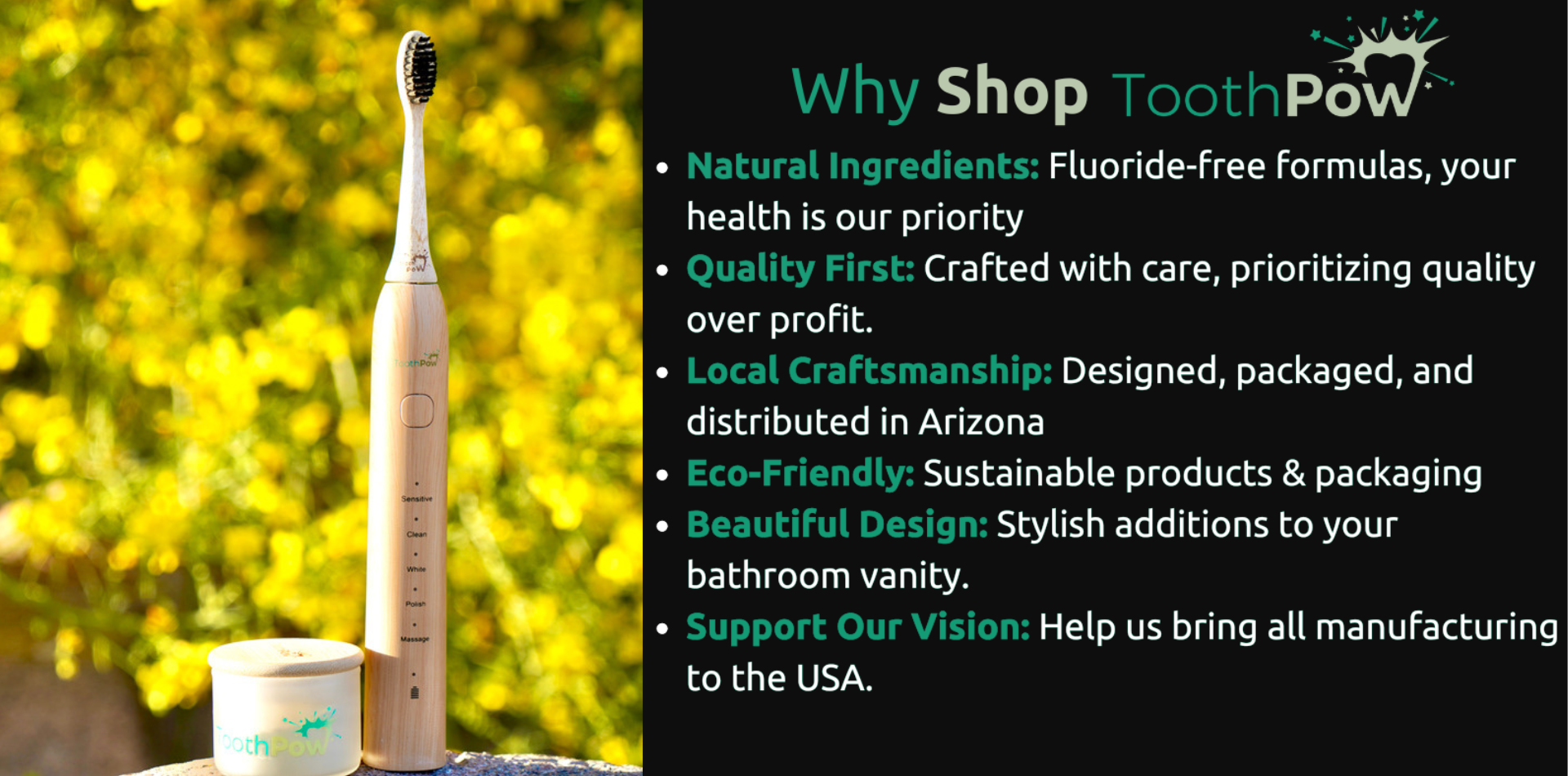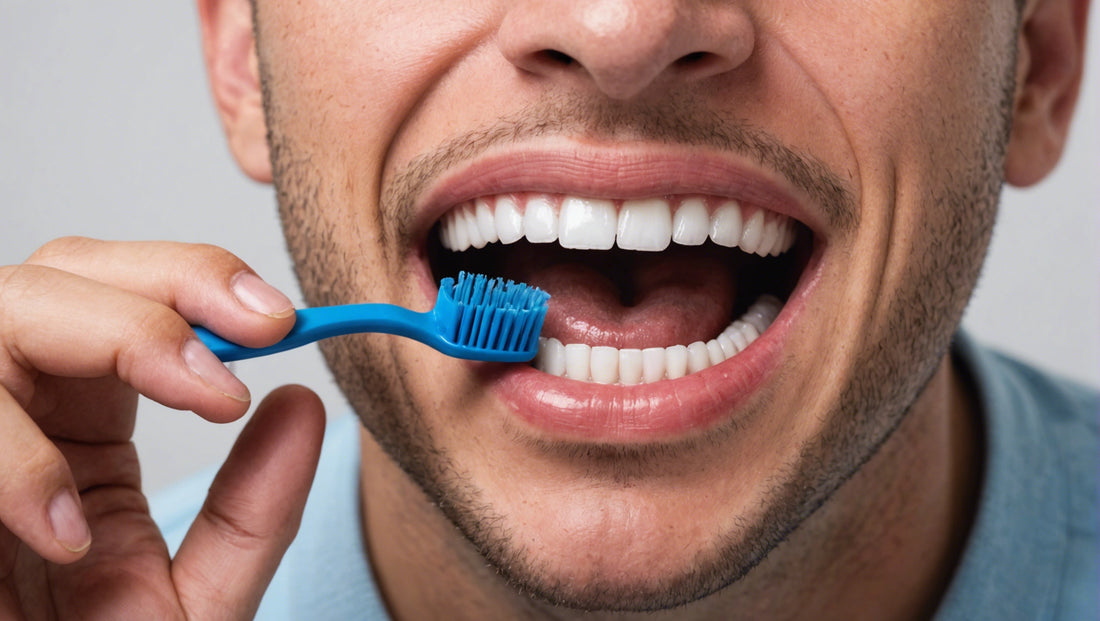Introduction
When it comes to oral hygiene, most people focus on brushing their teeth, flossing, and maybe even using mouthwash. But what about your tongue? This often-overlooked part of your mouth plays a crucial role in your overall oral health. You might wonder, should you brush your tongue with toothpaste? This article explores the pros and cons of this practice to help you make an informed decision.
The Case for Brushing Your Tongue
Pro: Removes Bacteria
The surface of your tongue is a breeding ground for bacteria. These microorganisms can contribute to bad breath, plaque buildup, and even tooth decay. Brushing your tongue with toothpaste helps to reduce the bacterial load in your mouth. Studies have shown that a significant amount of oral bacteria reside on the tongue, so cleaning it can dramatically improve oral hygiene.
By brushing your tongue, you physically remove these bacteria, which helps to keep your mouth cleaner and healthier. Toothpaste contains antibacterial agents that can enhance this cleaning process, making it more effective than using water alone.
Pro: Fresher Breath
One of the most noticeable benefits of brushing your tongue is fresher breath. Bad breath, or halitosis, often originates from the bacteria and food particles that get trapped on your tongue. When these particles break down, they release volatile sulfur compounds, which are responsible for bad breath.
By brushing your tongue, you can effectively remove these particles and reduce the bacteria that cause bad breath. Compared to other methods like mouthwash or mints, brushing your tongue provides a more immediate and long-lasting solution. Fresh breath can significantly boost your confidence in social and professional settings.
Pro: Improves Overall Oral Health
Brushing your tongue can contribute to overall better oral health. A clean tongue can prevent the spread of bacteria to your teeth and gums, reducing the risk of cavities and gum disease. Keeping your tongue clean helps maintain a balanced oral microbiome, which is crucial for preventing infections and promoting healing.
Research supports the practice of tongue brushing as part of a comprehensive oral hygiene routine. For instance, a study published in the Journal of Clinical Periodontology found that individuals who brushed their tongues regularly had lower levels of plaque and gingivitis compared to those who did not. This simple practice can play a vital role in maintaining your oral health.
The Case Against Brushing Your Tongue
Con: Potential for Irritation
While brushing your tongue can be beneficial, it’s important to be cautious. The tongue’s surface is sensitive, and using a toothbrush with abrasive toothpaste can cause irritation. This is especially true if you brush too hard or use a toothpaste that contains strong whitening agents or other harsh ingredients.
Over time, this irritation can lead to discomfort and even damage to your tongue’s delicate tissues. If you experience soreness or redness after brushing your tongue, it might be a sign that you need to adjust your technique or choose a gentler toothpaste.
Con: Risk of Over-Brushing
Just like with teeth, there is such a thing as over-brushing your tongue. Excessive or overly aggressive brushing can lead to small cuts and abrasions on your tongue, increasing the risk of infection. The key is to brush gently and not spend too much time on any one area.
Experts recommend brushing your tongue once a day, ideally as part of your morning or evening routine. Using a soft-bristled toothbrush and mild toothpaste can help minimize the risk of over-brushing and its associated problems.
Con: Alternative Methods Might Be Better
While brushing your tongue can be effective, it’s not the only way to keep it clean. Tongue scrapers are specifically designed for this purpose and can often do a better job with less risk of irritation. Tongue scrapers are typically made of metal or plastic and are used to gently scrape the surface of the tongue, removing bacteria and debris.
Compared to toothbrushes, tongue scrapers can be more effective at reaching the back of the tongue, where bacteria tend to accumulate the most. Additionally, using a scraper reduces the risk of over-brushing and irritation, making it a preferred method for many dental professionals.

Alternative Methods for Cleaning Your Tongue
Tongue Scrapers
Tongue scrapers are simple tools that can make a big difference in your oral hygiene routine. They are designed to remove the layer of bacteria, food particles, and dead cells from the surface of your tongue. Using a tongue scraper is straightforward: place the scraper at the back of your tongue and gently pull it forward, rinsing the scraper after each pass.
Benefits Over Toothbrushes:
More effective at removing debris from the back of the tongue
Reduced risk of irritation and over-brushing
Easier to clean and maintain
For those looking to add an extra layer of cleanliness to their routine, tongue scrapers are a valuable addition. They are affordable, easy to use, and can significantly improve your oral hygiene.
Mouthwash
Mouthwash is another alternative for maintaining a clean tongue. While it doesn't physically remove debris, it can help reduce the bacterial load in your mouth and freshen your breath. Mouthwash can reach areas that brushing and scraping might miss, providing a comprehensive clean.
Effectiveness in Cleaning the Tongue:
Helps reduce bacteria and freshen breath
Can be used in conjunction with brushing or scraping
Convenient for quick use throughout the day
However, mouthwash should not be relied upon as the sole method of cleaning your tongue. It is most effective when used as part of a broader oral hygiene routine that includes brushing and flossing.
Expert Opinions
Dental Professional Insights
Many dental professionals recommend cleaning your tongue as part of your daily oral hygiene routine, whether through brushing, scraping, or using mouthwash. Dr. Mark Burhenne, DDS, emphasizes the importance of tongue hygiene in preventing bad breath and maintaining overall oral health.
Quotes from Dentists:
"Cleaning your tongue is just as important as brushing your teeth. It helps remove bacteria and improves your breath." – Dr. Emily Harris, DDS
"Using a tongue scraper can be more effective than brushing your tongue. It's a simple addition to your routine that can have significant benefits." – Dr. John Smith, DMD
Studies and Recommendations:
Research supports the practice of cleaning your tongue. A study published in the Journal of Clinical Periodontology found that individuals who cleaned their tongues regularly had lower levels of oral bacteria and better overall oral health.
Practical Tips for Tongue Hygiene
How to Brush Your Tongue Properly
If you choose to brush your tongue with toothpaste, it's important to do it correctly to avoid irritation and maximize effectiveness. Here’s a step-by-step guide:
Use a soft-bristled toothbrush and a small amount of mild toothpaste.
Stick your tongue out and start brushing from the back to the front.
Use gentle, circular motions to cover the entire surface of your tongue.
Rinse your mouth thoroughly with water after brushing.
Choosing the Right Tools
Selecting the right tools for tongue hygiene is crucial. Here are some recommendations:
Best Toothbrushes for Tongue Cleaning: Look for toothbrushes with soft bristles and a small head for better maneuverability.
Recommended Tongue Scrapers: Choose scrapers made from stainless steel or BPA-free plastic for durability and effectiveness.
For more detailed recommendations, visit ToothPow’s product guide.
Conclusion
Brushing your tongue with toothpaste has its pros and cons. While it can help remove bacteria, freshen breath, and improve overall oral health, there are potential downsides such as irritation and over-brushing. Alternative methods like tongue scrapers and mouthwash offer effective ways to maintain a clean tongue without the risks associated with brushing.
Ultimately, the best approach is the one that fits comfortably into your routine and addresses your specific oral health needs. Consult with your dental professional to determine the most suitable method for you. Remember, maintaining comprehensive oral hygiene practices, including regular tongue cleaning, is key to keeping your mouth healthy and your breath fresh.
For more tips and products to help maintain your oral health, visit the ToothPow website.

